Build CCPA & CPRA compliance into your applications with a single API
Private AI de-identifies personal information so you can build AI models while maintaining data privacy with just one line of code.

Data Privacy Built to Scale
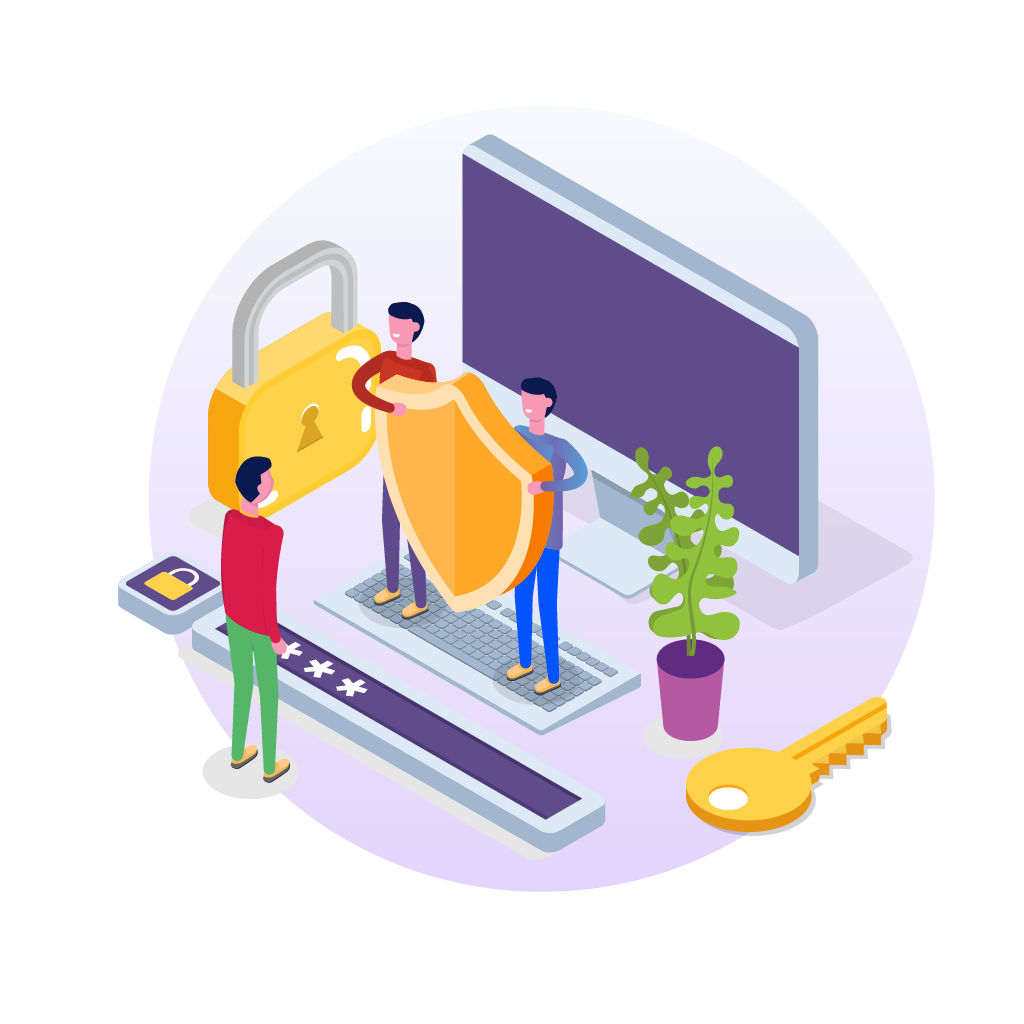
Developer Loved, CISO Approved
We believe privacy is a fundamental aspect of every application. Our API helps businesses build customer trust and comply with global regulations like the CPRA, CCPA, GDPR, HIPAA, and more.
Achieve CPRA compliance faster:
- Deploy at data ingress and egress points to monitor for and de-identify unwanted PII, PHI, and PCI
- Remove personal data from training data to break the link of an inference system built from personal data
- Use our API as a pre-processing step to remove personal data prior to inference request to an ML mode
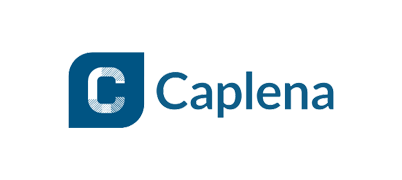






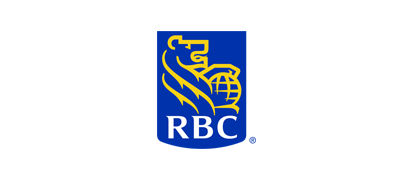

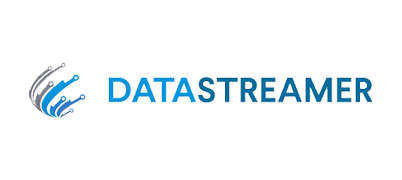
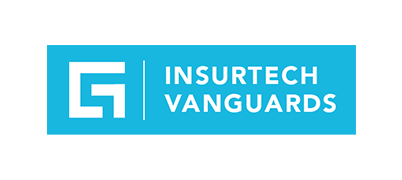
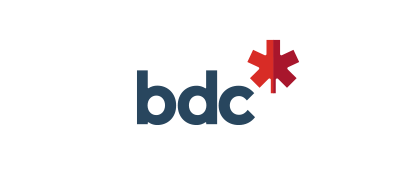

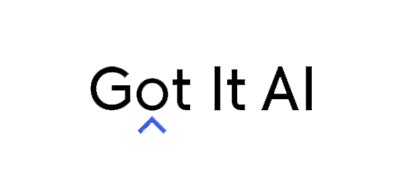








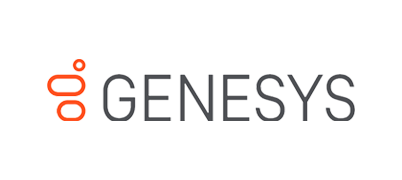

Your Compliance Concierge
We’re obsessed with data privacy and stay on top of regulatory changes, amendments, and additions so you don’t have to. Check out our FAQs on CPRA compliance:
The California Consumer Privacy Act (CCPA) has been in effect since January 2020, impacting the way businesses collect, use, and protect consumers’ personal information. Nine months later, California voters approved the California Privacy Rights Act (CPRA) which amended the CCPA and further strengthened California’s data privacy laws.
Most of the CPRA provisions came into force in January of 2023 with enforcement to begin in July of that year. In March 2023 the CCPA Regulations came into force, complementing the CPRA.
The CCPA, as amended by the CPRA, applies to any business that collects, processes, sells, or shares the personal information of California residents and meets certain thresholds. These thresholds include having an annual gross revenue of over $25 million, collecting the personal information of 50,000 or more California residents, households, or devices annually, or deriving 50 percent or more of their annual revenue from selling the personal information of California residents.
The CCPA and CPRA have extraterritorial reach, meaning that businesses located outside of California that meet the requirements are also subject to these laws. Furthermore, the thresholds are calculated taking into account overall revenue, not just that revenue made in California or from selling personal information from California residents.
As amended by the CPRA, the following categories of personal information are covered under the CCPA:
- Identifiers
- Personal information
- Commercial information
- Internet or other electronic network activity information
- Audio, electronic, visual, thermal, olfactory, or similar information
- Geolocation data
- Biometric information
- Professional or employment-related information
- Education information
- Inferences drawn from other personal information
View a detailed list complete with category definitions here.


Private AI’s de-identification solution was extremely easy to integrate with our current pipeline, requiring only a few lines of code to ensure GDPR-compliant data handling for our users’ sensitive information. As a data anonymizer it was accurate and highly performant, allowing us to offer superior privacy protection without affecting our rates of service. Importantly, it enabled us to meet the rigorous data privacy requirements of the financial services sector without having to break the bank.
– Damian Tran (CTO, Minerva AI)



